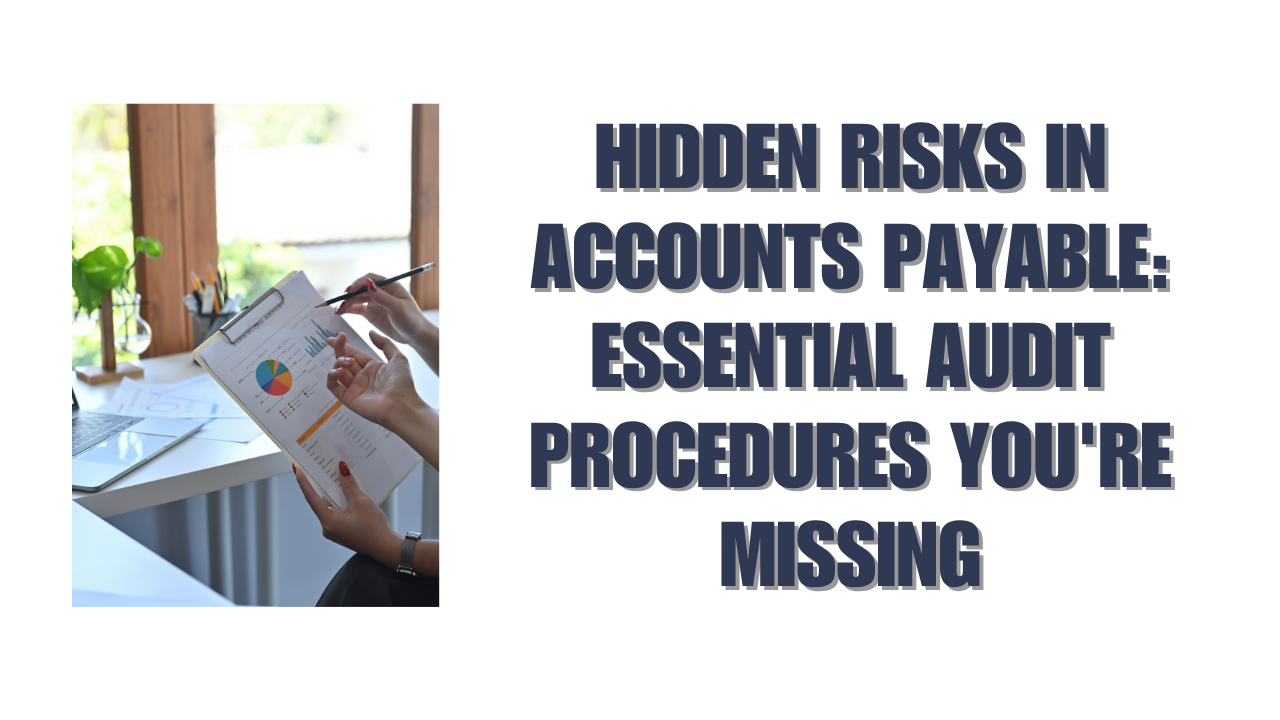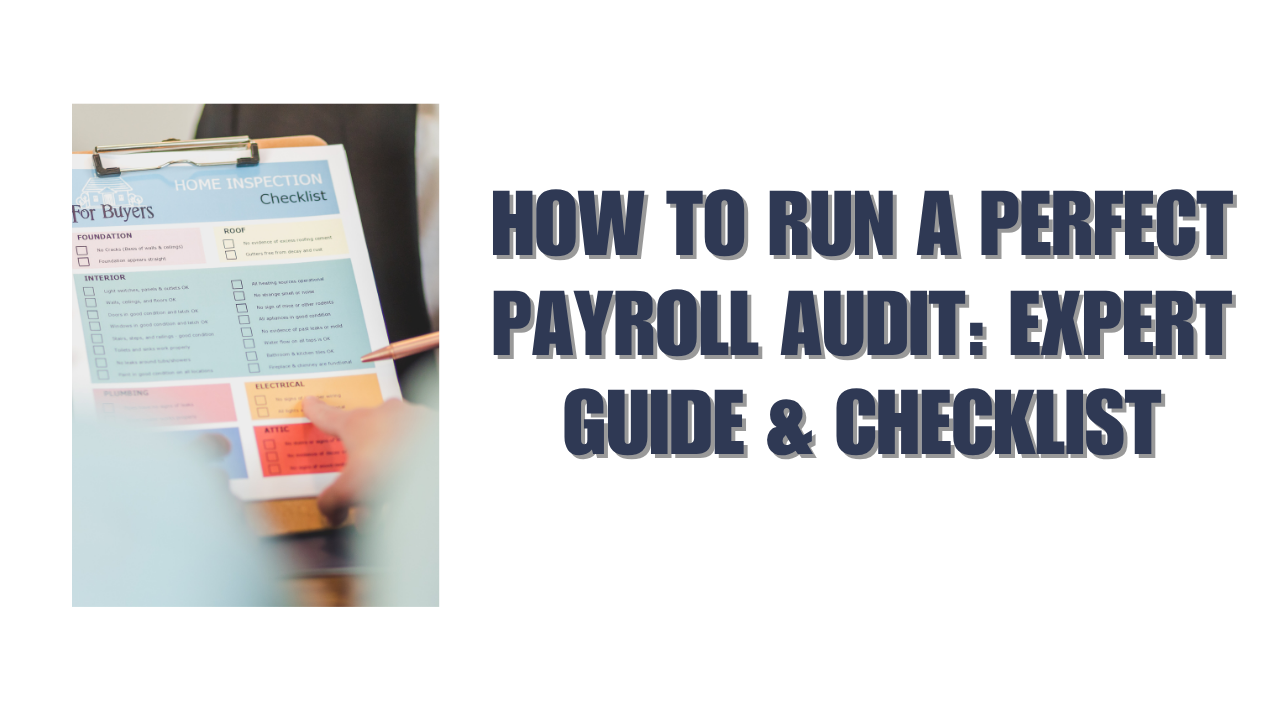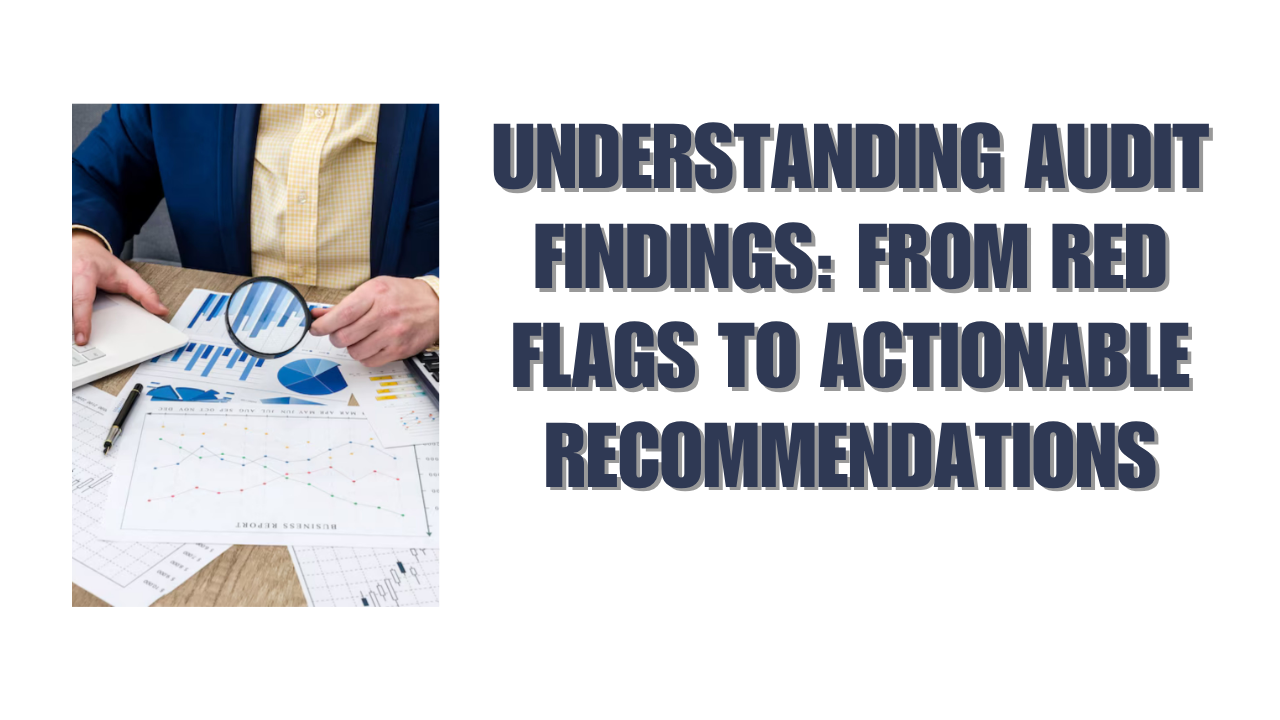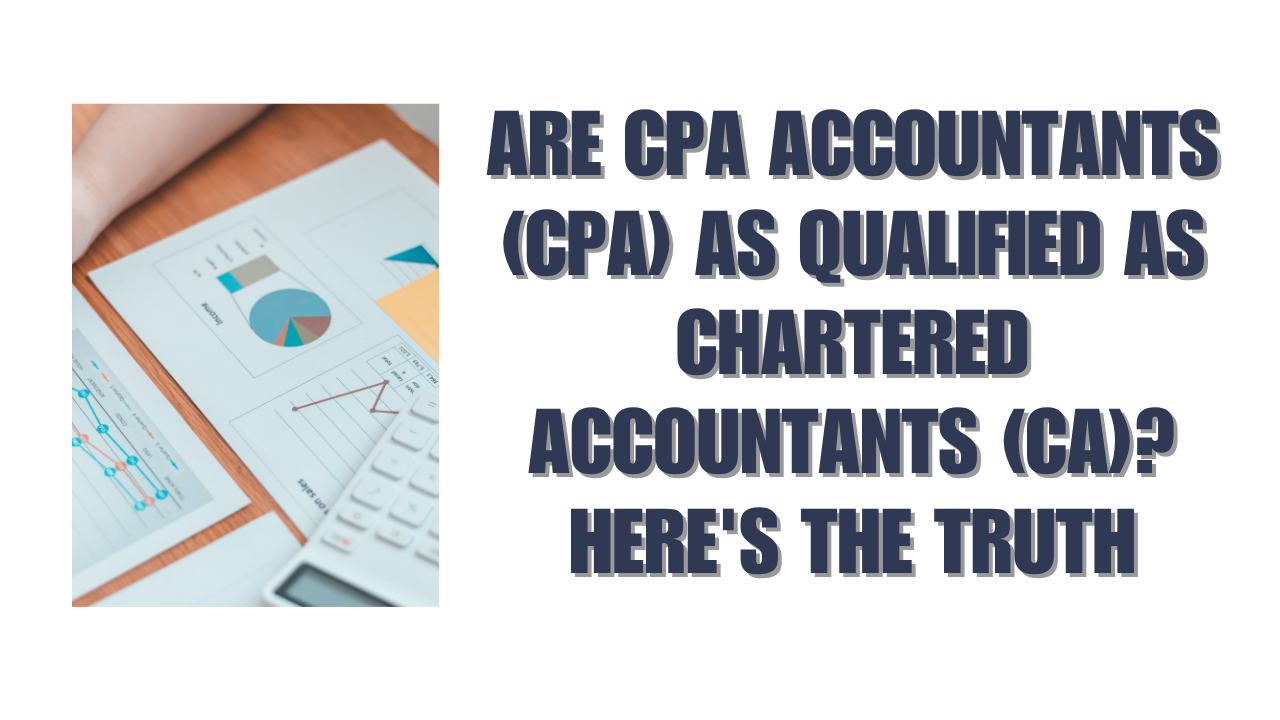Audit procedures are not just tools but shields that protect the financial well-being of your business and ensure transparency in all operations. They are the building blocks of stakeholder trust, allowing them to rely on the financial statements your business publishes with confidence. These robust audit procedures serve a dual purpose—meeting regulations and fostering trust within your organization’s operational framework. For businesses in New Zealand, understanding and implementing the key audit procedures specific to your industry is crucial for maintaining organizational integrity and fostering long-term development.
Understanding the Importance of Audit Procedures
Traditional business assessment relies on proven systematic verification protocols that check both financial records and internal control mechanisms. The proper implementation of these measurement methods helps companies generate financial statements that properly depict business performance and position. New Zealand businesses must meet requirements from two authoritative sources, which are the New Zealand Financial Reporting Standards (NZ IFRS) and International Standards on Auditing (ISA). Through appropriate audit procedures, organizations can detect their financial discrepancies while reducing potential threats to financial management and improving operational quality. The organization, through these procedures, establishes clear transparency and accountability standards.
Planning the Audit Process
Planning is the cornerstone of every audit process. Auditors initiate their work by conducting a comprehensive examination of business operations, coupled with industry analysis and assessment of operational environmental factors. This evaluation process scrutinizes company risk elements and delves into regulatory mandates and financial corporate elements. In New Zealand, auditors pay special attention to local tax requirements and reporting frameworks. The planning phase is crucial for business entities to establish their targets, identify critical focus areas, and design a unique audit plan that suits their needs.
Testing Internal Controls
If an organization wishes to maintain effective financial systems, then internal controls serve as its main operational foundation. Independent auditors verify that business controls function properly to guarantee companies maintain sufficient measures that protect against mistakes and fraudulent activities. Professionals review the policies along with procedures and financial transaction systems to ensure their accuracy during this evaluation. Under legal requirements, New Zealand businesses need to establish robust internal controls for regulatory compliance purposes. Auditors accomplish success in their tests of internal controls, which enables them to locate possible impairment zones and introduce enhancement strategies.
Substantive Testing of Financial Statements
After auditing financial information, substantive testing remains a fundamental method auditors use to verify important transactional details and economic balances. Auditors confirm financial statement accuracy through their examination of documents that support accounting transactions, such as invoices, receipts, and contracts. The achievement of compliance with NZ IFRS and ISA standards in New Zealand makes this procedure essential. The testing procedure guarantees both an absence of significant errors and a truthful presentation of financial reporting data.
Analytical Procedures
When conducting financial evaluations for analytical purposes, auditors assess accounting data to identify patterns, as well as unusual elements and inconsistent findings within the financial statements. Auditors use historical financial records, sector standards, and planned budgets to look for irregular data patterns during their assessments. New Zealand auditors use this technique extensively to evaluate financial outcomes and identify evaluation subjects that need further inspection. Through analytical procedures, auditors gain vital financial information about a business, thus enabling them to identify and focus on risky areas.
Verification of Assets and Liabilities
Auditors execute direct property examinations together with documentation checks to validate both financial assets and liabilities. Auditors verify fixed asset value alongside inventory levels and validate balance information against banks and creditors during this procedure. To comply with New Zealand financial reporting standards, businesses must properly maintain accurate records of their assets along with their liabilities. Through verification methods, businesses avoid both overreporting and underreporting their financial disclosures.
Review of Compliance with Tax Regulations
Tax compliance for New Zealand businesses includes stringent requirements on income tax as well as GST and payroll tax obligations. Auditors confirm that companies meet all requirements of the Inland Revenue Department through evaluations of tax documentation delivered to the department. The auditors check taxation computations and examine supporting records in addition to validating the company’s capability to claim deductions and tax credits. Through proper tax reporting procedures, a company reduces its exposure to penalties while building stronger financial trust with stakeholders.
Evaluation of Revenue and Expense Recognition
Financial reporting depends heavily on proper recognition of revenue along with expenses. Auditors test if business organizations match their revenue and expense records to NZ IFRS requirements. Auditors examine payment records together with contracts and invoices to verify both the correct timing of records and their accuracy. Organizations require precise revenue and expense recognition to show a truthful and fair view of financial performance results.
Identifying and Addressing Risks
Auditors play a proactive role in ensuring the financial stability of businesses by assessing their risk management structure. This evaluation process examines the company’s risk assessment systems, internal control frameworks, and protective strategies. It’s crucial for business operations in New Zealand to have proactively managed risk configurations to ensure operational well-being. Auditors help organizations develop resilience and market adaptation capabilities by identifying potential threats and managing solutions.
Ensuring Ethical and Legal Compliance
Audits in New Zealand must begin with ethical and legal compliance as their essential foundation. Through their evaluation process, auditors check whether companies follow ethical standards while implementing anti-fraud systems together with their corporate governance framework and regulatory requirements. The audits help the business maintain its ethical integrity while adhering to its oversight duties for stakeholders. Complete ethics, along with legal compliance, helps firms construct a solid reputation and avoid potential legal conflict costs.
Communication of Audit Findings
The communication of audit findings is not just the last step but a crucial part of the audit process. Auditors deliver comprehensive reports detailing their findings, procedures, improvement opportunities, and practical recommendations for organizational growth. These audit reports serve as vital tools to enhance corporate accountability in New Zealand and maintain transparency among stakeholders. They provide essential information about your business’s financial health and operational efficiency, empowering you to make informed decisions and implement necessary adjustments.
Conclusion
New Zealand businesses need robust audit procedures to preserve their financial transparency, achieve compliance, and build organizational credibility. All audit stages work together to increase operational efficiency and enhance financial integrity by following a systematic approach from planning through results delivery. The adoption of these procedures allows companies to earn stakeholder trust besides reducing operational risks that drive sustainable business expansion.
Aurora Financials develops premium auditing solutions and assurance services that cater specifically to businesses in New Zealand. We deliver an extensive range of services from virtual CFO support to accounting, financial reporting, NZX-related services, risk management, and compliance assistance. For more information about our auditing services and financial goal achievement, we invite you to visit our website https://aurorafinancials.com/.
FAQs
1- What are the key audit procedures for businesses in New Zealand?
Key procedures include planning the audit process, testing internal controls, performing substantive testing of financial statements, verifying assets and liabilities, and ensuring compliance with tax regulations.
2- Why is planning important in the audit process?
Planning helps auditors understand business operations, identify risks, and create a focused audit strategy tailored to the organization’s specific requirements.
3- How do auditors verify assets and liabilities?
Auditors conduct direct inspections of properties, check documentation, and reconcile balances with banks and creditors to ensure accurate financial reporting.
4- What role do audits play in identifying risks?
Audits assess internal controls and risk management systems, enabling businesses to detect potential threats and implement strategies to maintain financial stability.
5- Why is communication of audit findings essential?
Audit reports provide stakeholders with insights into financial health, operational efficiency, and areas for improvement, ensuring transparency and accountability in decision-making.





